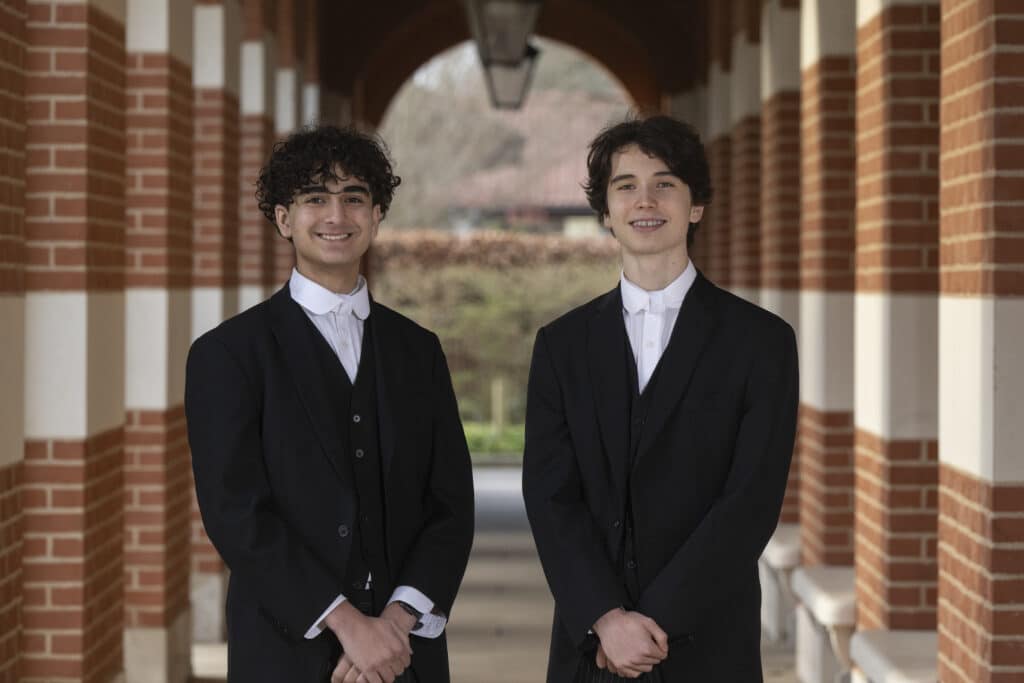Last month, the Classical Society was privileged to welcome Dr Henriette van der Blom of Birmingham University who explained the nature of classical rhetoric. In her whistle-stop tour of classical rhetoric’s constituent parts and practical usage, she illuminated the parallels visible, and audible, between classical rhetoric and modern-day oratory.
Using examples as diverse as Greta Thunberg and Cicero, Dr van der Blom detailed the ‘ideal’ makeup of a public speech and highlighted the difficultly in achieving it; even the ‘greats’ such as Cicero often had a hard time winning over the crowd. To achieve an ‘ideal’ classical speech five key elements were necessary: an ‘ethos’ (a refined message), a ‘logos’ (an effective arrangement), a ‘pathos’ (an emotional link), a ‘memoriae’ (delivery from memory), and an ‘actus’ (a performance).
Yet practise was similarly essential, indeed Cicero wasn’t a natural orator but instead developed through refining his speech-making in courts for years before approaching the Senate.
Dr van der Blom concluded by explaining her research into classical speeches, which found that above all a public persona was key to a reputation as a successful orator, using both Caesar and Nigel Farage as examples.



